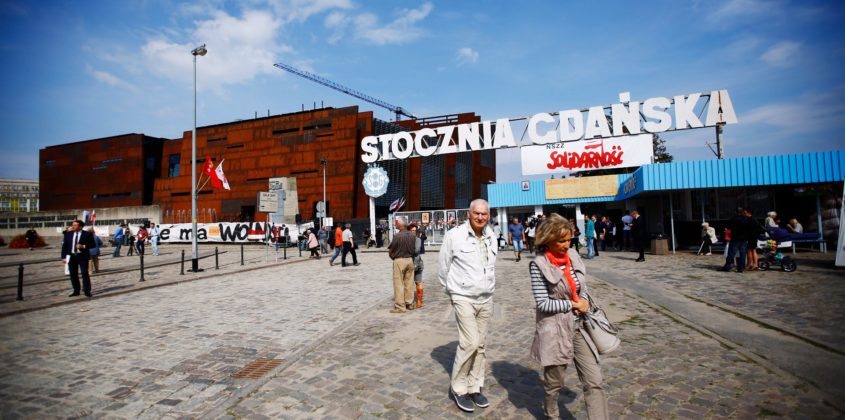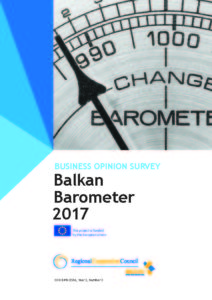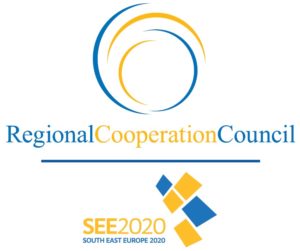Citizens Of Bosnia Deeply Pessimistic About Economic Security

Bosnia and Herzegovina recently carried out an extensive economic reform but it is far from enough to gain the trust of the citizens when it comes to economic security. In the entire Southeast Europe, the citizens of Bosnia are among the least satisfied when it comes to economic security. This was revealed by the survey carried out by the Regional Cooperation Council (RCC).

The economic and social challenges faced by the citizens fuel their pessimism and accounts for the reason why many leave to other countries – where they often meet success. The economy of Bosnia and Herzegovina is far from balanced or anything close to the European living standards. The International Monetary Fund’s projection does not present much hope to the nation too.
The 2017 edition of the Balkan Barometer survey revealed that 39 percent of all the Bosnians that took part in the interview foreseen a worsening of the country’s economy. Only about 15 percent thinks the situation will get better as recorded on the annual review.
The pessimism is not limited to the status of the nation’s economic outlook. When it comes to personal finances, 51 percent of the Bosnian interviewees that took part in the survey expect nothing different in their individual finances in the next 12 months. A further 28 percent thinks their personal finance will get worse in the next 12 months.

73 percent of all the respondents think that one of the two major problems facing the country is the issue of unemployment. Corruption ranks 34 percent according to the respondents making it the third-placed problem in the nation. Since the end of the Balkan war in 1995, the EU has taken several steps to ensure such incident doesn’t reoccur.
The statistics also cuts across other sectors. For example, 27 percent of the respondents think that one of Bosnia’s major sources of concern is crime. 12 percent of the respondents are scared of political disputes while 7 percent attribute the nation’s problem to emigration and brain drain.
Internal and external frictions are the lead cause of the low expectations the citizens place on the country. Another area where the citizens have lost hope in the nation is in dealing with the landmines left behind by the 1992 to 1995 Bosnian war.

The RCC research showed an interesting trend that may not be peculiar to Bosnia and Herzegovina. The public sector offers the most employment opportunity at 37 percent which indicates a bloated public administration. As much as 33 percent of Bosnia’s families have not a single employed member while 36 percent of families have only one employed member.
According to 56 percent of the respondents, what determines if you get a job or not is the class of people you know. 50 percent of respondents are ready to leave Bosnia and Herzegovina to work abroad if the opportunity presents itself.
A fair percentage of the respondents (37 percent) do not think that the relationship between the Southeast European countries is not better today than what it used to be. The recent claims that Bosnia is spying on Croatian business people and politicians further widens this relations.
When asked what they think about the integration of Bosnia with European Union, 31 percent of the respondents think it will have a positive economic impact. What excites 28 percent of the respondents is the no-borders policy. In the same light, 23 percent see EU membership as an express freedom to work and study abroad. 22 percent others believe it will bring the much needed peace and stability.
